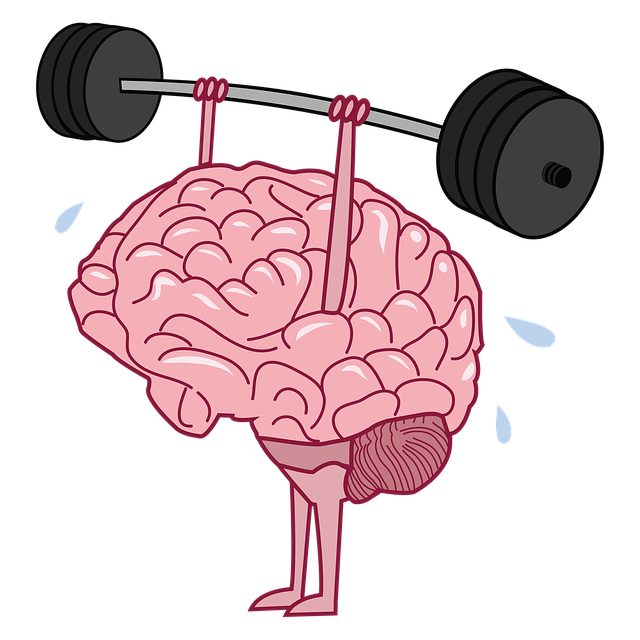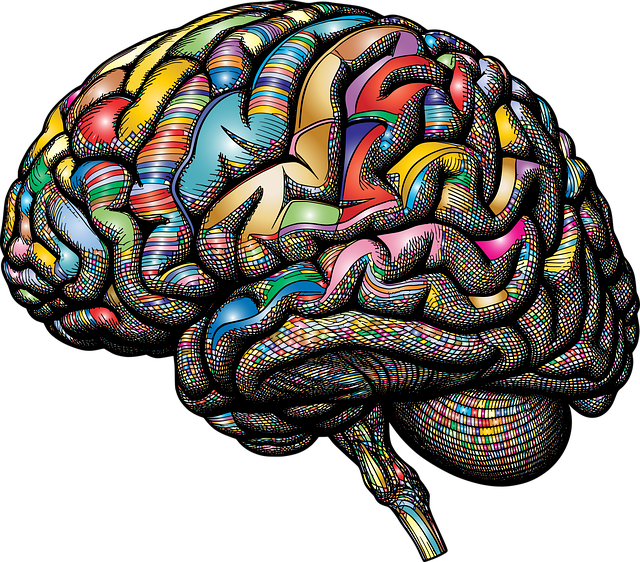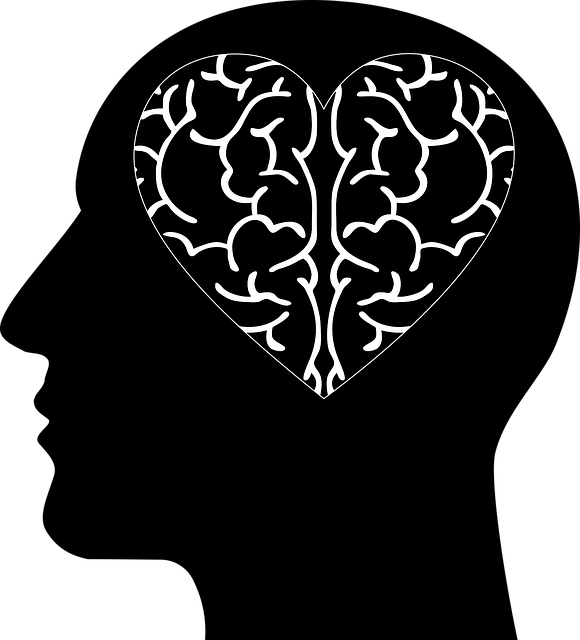Wheat Ridge Conduct Disorder Therapy offers crisis intervention as a cornerstone of its care, de-escalating intense situations and promoting positive coping for individuals with conduct disorders. This approach includes communication strategies, cultural sensitivity, risk assessment, and post-crisis support. By addressing underlying issues like low self-esteem, therapists empower clients to manage crises and advocate for mental health policy changes. The program holistically tackles symptoms and causes, teaching anger management, emotional regulation, mindfulness, and healthy habits to prevent future episodes and enhance well-being.
In the realm of mental health support, crisis intervention plays a pivotal role, especially within the context of Wheat Ridge Conduct Disorder Therapy. This article explores essential strategies for effectively guiding individuals through crises, drawing from the cornerstone principles of this therapeutic approach. We delve into practical tips for navigating intense situations and highlight post-crisis support as a key component in building resilience. By understanding crisis intervention, we empower professionals to provide transformative care, tailored to managing conduct disorders.
- Understanding Crisis Intervention: A Cornerstone of Wheat Ridge Conduct Disorder Therapy
- Strategies for Effective Response: Practical Tips for Navigating Crises
- Post-Crisis Support and Prevention: Building Resilience in Conduct Disorder Management
Understanding Crisis Intervention: A Cornerstone of Wheat Ridge Conduct Disorder Therapy

Crisis intervention is a critical component of Wheat Ridge Conduct Disorder Therapy, offering immediate support and guidance during moments of intense distress or challenging behaviors. It involves strategic techniques to de-escalate situations, ensure safety, and promote positive coping mechanisms. The approach is tailored to individuals struggling with conduct disorders, aiming to disrupt destructive patterns and foster healthier alternatives.
Wheat Ridge’s comprehensive therapy model integrates crisis intervention into a broader framework, including the Community Outreach Program Implementation, which aims to connect clients with community resources. By addressing underlying issues like low self-esteem (Self-Esteem Improvement), therapists empower individuals to navigate crises more effectively while advocating for Mental Health Policy Analysis and Advocacy, ensuring accessible and supportive systems in their communities.
Strategies for Effective Response: Practical Tips for Navigating Crises

When faced with a crisis, effective response strategies are crucial for mitigating harm and fostering recovery. At Wheat Ridge Conduct Disorder Therapy, we emphasize practical tips that empower mental health professionals to navigate challenging situations adeptly. One key strategy is Communication Strategies. Open, clear, and empathetic communication can de-escalate tensions and build trust with individuals in crisis. Mental healthcare providers should actively listen, validate feelings, and use non-judgmental language to create a safe space for expression.
Moreover, Cultural Sensitivity in Mental Healthcare Practice plays a pivotal role in crisis intervention. Understanding cultural contexts and backgrounds ensures tailored support that respects individual differences. Professionals must be vigilant about unconscious biases and adapt their approaches accordingly. Additionally, conducting thorough Risk Assessment for Mental Health Professionals is essential to identify potential dangers and develop appropriate safety plans. This proactive measure includes recognizing warning signs, assessing the individual’s history, and implementing interventions designed to prevent escalation.
Post-Crisis Support and Prevention: Building Resilience in Conduct Disorder Management

Post-crisis support is a critical component of managing conduct disorder, aiming to build resilience and prevent future behaviors that may lead to another crisis. Wheat Ridge Conduct Disorder Therapy emphasizes a holistic approach, addressing not just the symptoms but also the underlying causes. This involves individual therapy sessions where patients learn coping strategies for anger management, emotional regulation, and stress reduction techniques such as mindfulness meditation.
The prevention aspect focuses on fostering healthy habits and enhancing social skills to mitigate risk factors associated with conduct disorder. By incorporating depression prevention measures and teaching effective communication, patients gain tools to navigate challenging situations. This comprehensive strategy ensures that individuals not only recover from crises but also develop long-lasting resilience, leading to improved overall well-being.
Wheat Ridge Conduct Disorder Therapy emphasizes the vital role of crisis intervention strategies as a cornerstone of its approach. By understanding the dynamics of crises and implementing effective response techniques, therapists can significantly enhance their ability to support individuals facing conduct disorder challenges. Through practical tips for navigating crises and focusing on post-crisis support and prevention, this guidance enables professionals to build resilience, fostering healthier outcomes for those in need. Incorporating these strategies into practice ensures a more comprehensive and impactful approach to Wheat Ridge Conduct Disorder Therapy.











